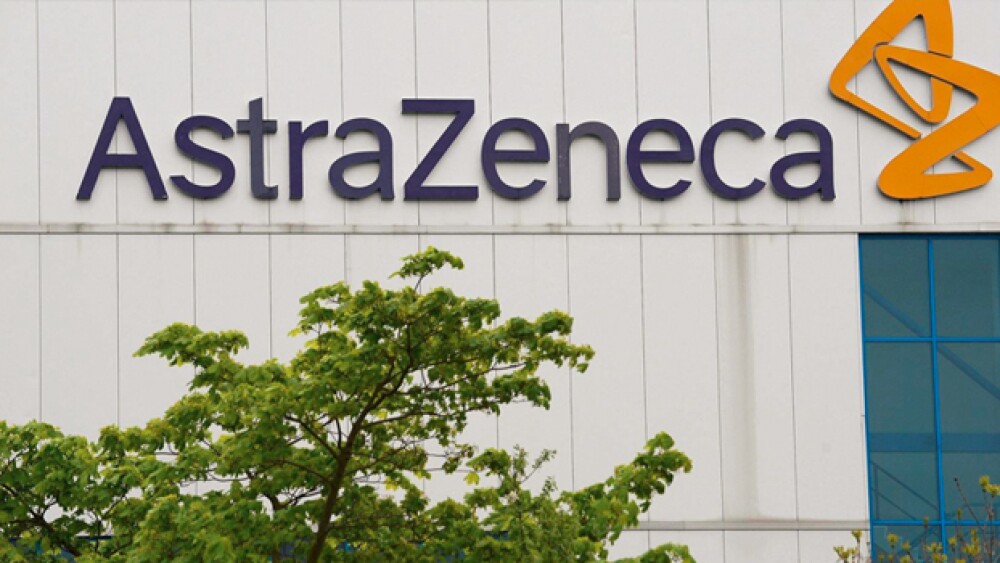ADC Therapeutics announced it had raised $200M through an oversubscribed private placement.
ADC Therapeutics announced it had raised $200 million through an oversubscribed private placement. The round involved existing and new investors, including Auven Therapeutics, Redmile, the Wild Family Office and AstraZeneca. This round brings the company’s total venture capital to $455 million.
The finances will be used to move ADCT-301 and ADCT-402 into registrational trials next year. Both drugs are presently in four clinical trials in sub-types of lymphoma and leukemia. It also plans to advance ADCT-301 into a combination study for solid tumors.
ADC plans to continue developing its Phase I study of ADCT-502 in advanced solid tumors that express HER2, as well as to file INDs for ADCT-602 and ADCT-601. It has plans to progress a pipeline of pre-clinical ADC programs as well. Within the next 18 months, ADC expects to have eight programs in clinical development.
“With more than 250 patients dosed, and encouraging data to be presented at the upcoming congress of the American Society of Hematology, this financing is a key step in our strategy and will enable us to accelerate our lead programs and to continue to develop our pipeline,” said Chris Martin, ADC Therapeutics’ chief executive officer, in a statement. “This transaction also reflects the potential value to patients of rapidly developing these active drugs as stand-alone and combination therapies. We continue to grow our pipeline of proprietary antibody-drug conjugates in important hematological and solid tumor indications both on our own and in partnerships.”
The company’s technology focuses on pyrrolobenzodiazepine (PBD)-based warheads in hematological malignancies and solid tumors.
John Carroll, with Endpoints News, writes “Chris Martin was one of the original board members at ADC back in 2011 when the biotech was launched. Almost exactly three years ago he helped arrange the sale of the UK’s Spirogen—where he was CEO—to AstraZeneca in a $440 million deal, which the pharma giant paired with a $20 million investment in ADC. AstraZeneca matched that investment with an unspecified licensing deal with ADC which is in the clinic. Auven Therapeutics—founded by Stephen Evans-Freke and Peter Corr in Lausanne—funded both companies and Martin became the CEO at ADC two years ago.”
Augen is one of the investors in ADC. In addition to a financing family tree that intersects, ADC and Spirogen both focused on pyrrolobenzo-diazepine-based warheads. Described as a next-generation antibody-drug conjugate, researchers, according to Carroll, “believe are orders of magnitude better than the first generation of antibody-drug conjugates that were steered to the market by Seattle Genetics and others. These drugs use an antibody to steer their way to cancer cells and then drop a toxic payload where they are intended to do the most good.”
ADC’s 402 program targets CD19, a common target for CAR-T. Studies have shown a 57 percent overall response rate and a 43 percent complete response rate in drug-resistant patients with diffuse large B-cell lymphomas. The ADC’s 301 had a 38 percent overall response rate in refractory Hodgkin’s lymphoma.
ADC currently has 66 employees, which is expected to grow to 70 by the end of the year. Only 14 of the positions are in Lausanne, Switzerland, with the rest working around the world. Preclinical development is being conducted in London, UK, clinical development in New Jersey, and manufacturing in San Francisco. In San Francisco, ADC is working with Stemcentrx, which is a subsidiary of AbbVie.
One question is how well the company can compete against Gilead Sciences-Kite’s Yescarta in DLBCL. But Martin apparently is confident, because ADC’s drugs are delivered directly to the patient, compared to the back-and-forth engineering and transfusions required by CAR-T therapies, and they are likely to be less expensive, have similar efficacy, and a far better safety profile.





